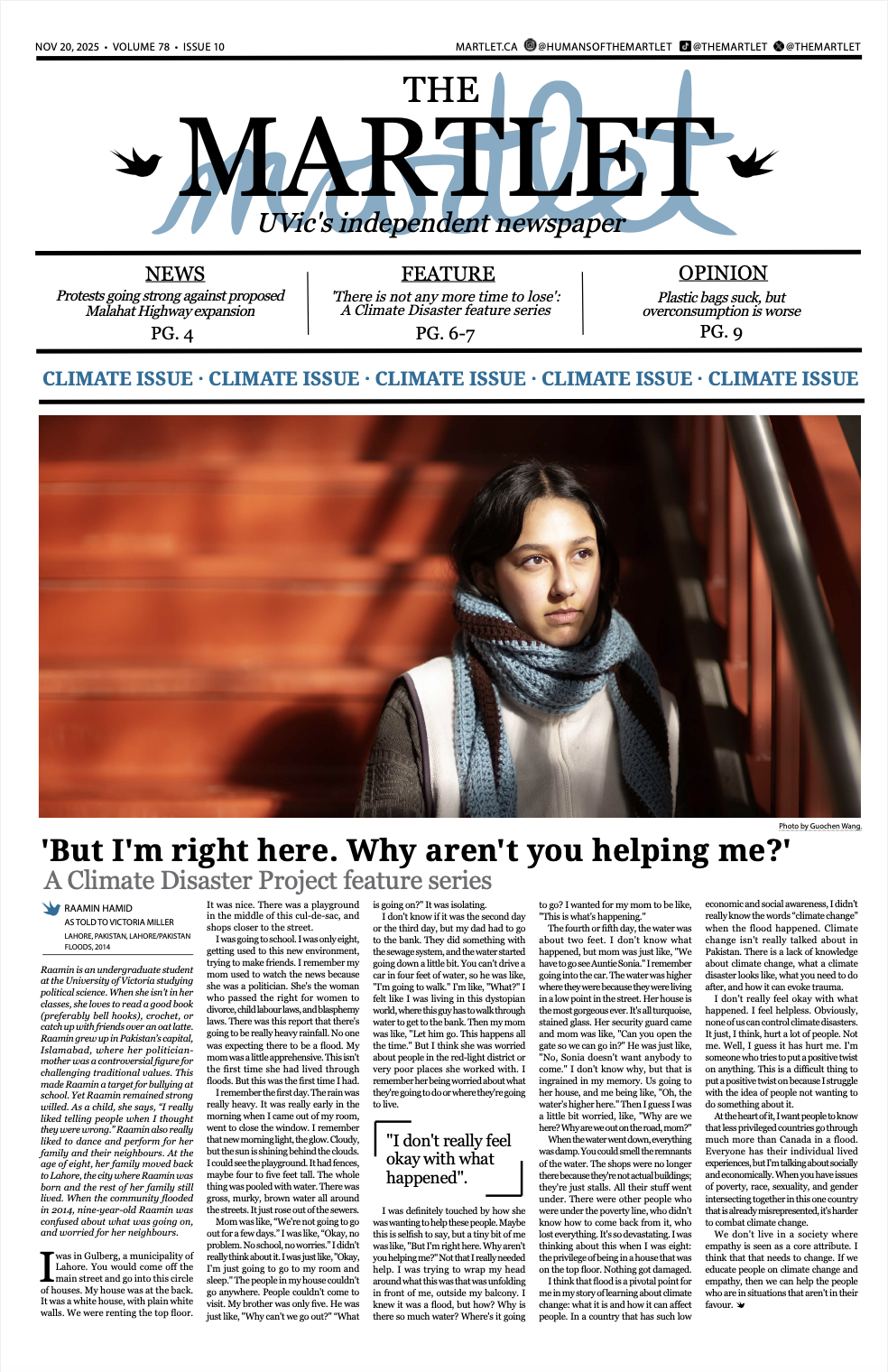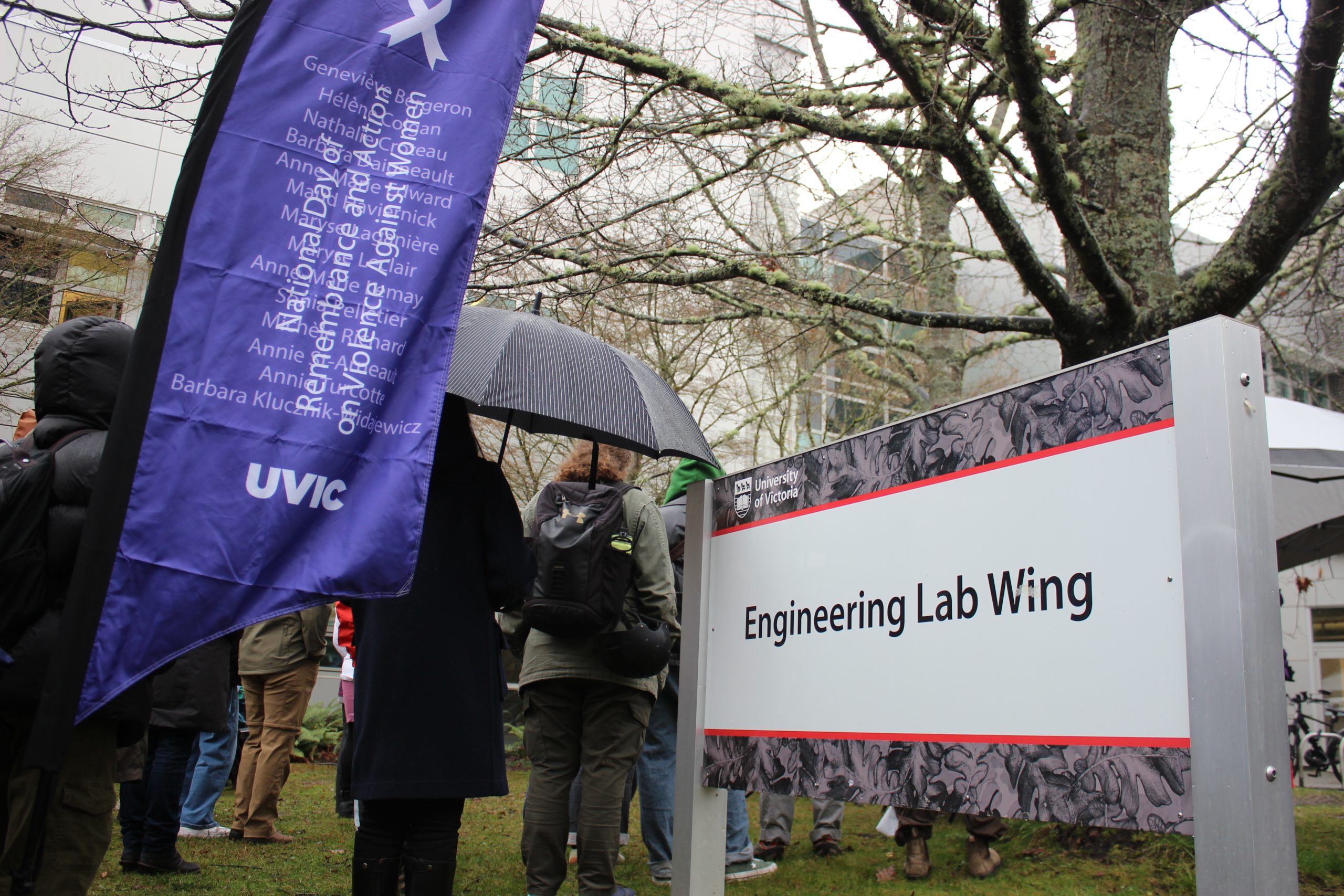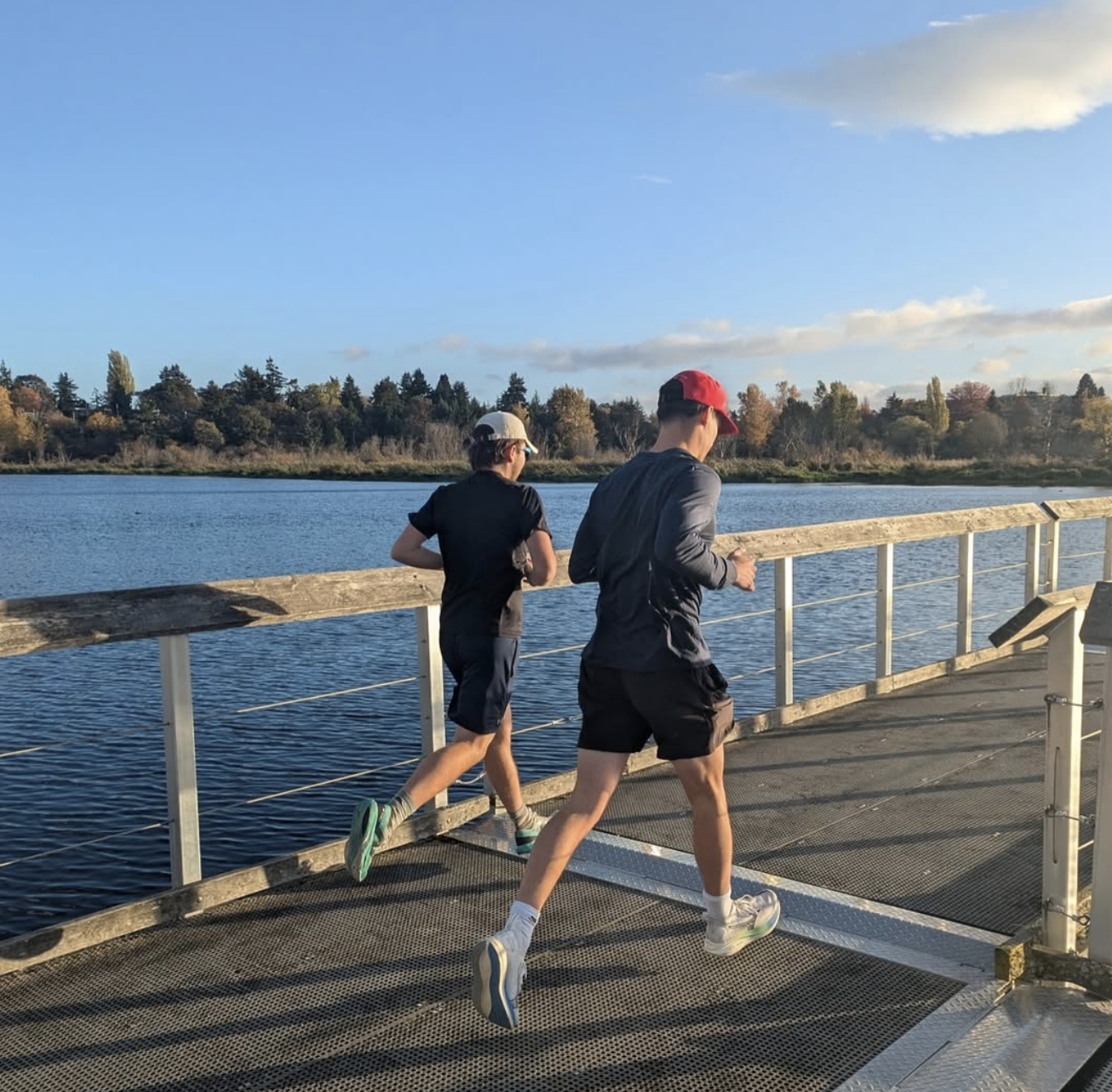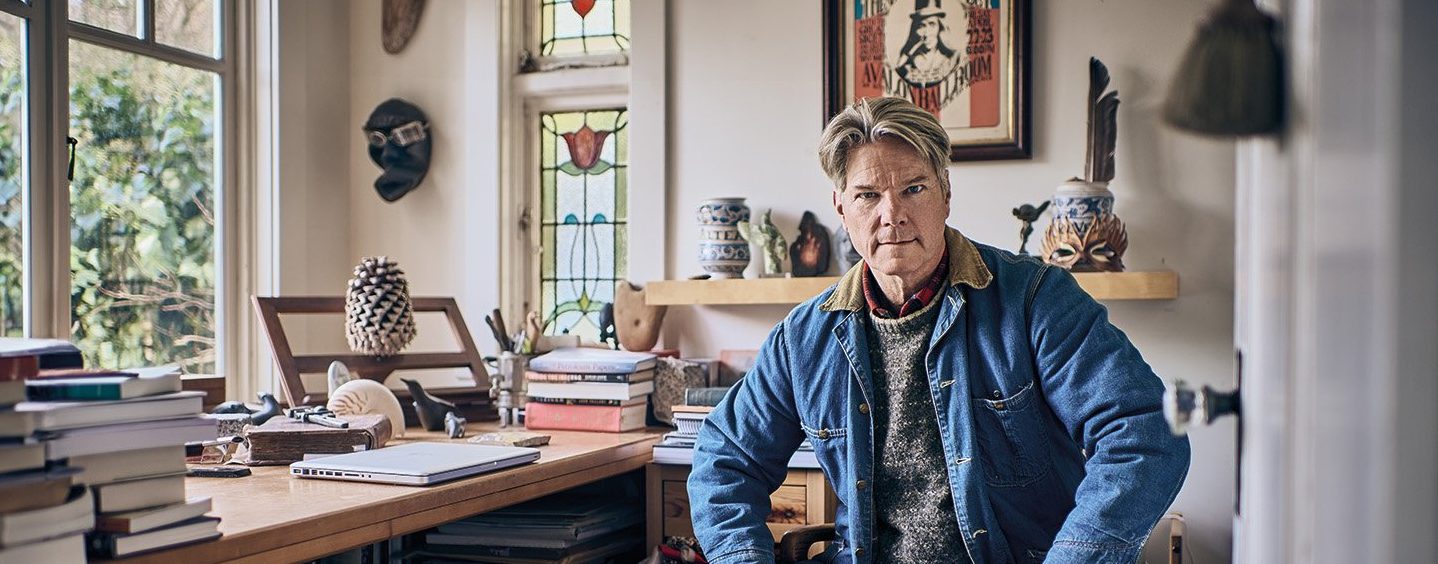Last week, I talked about shame in this column. This week, we’re looking into shame’s antonym, pride. Shame and pride are fundamentally human emotions, and both rely on having a sense of self. You can imagine an animal being happy, sad or angry, but if you dress your dog in a tutu, he’s just not capable of being upset about his looks. Being aware of these feelings, understanding them and knowing how to use them to better yourself are big parts of being big thinkers, and that’s part of what Growing Pains is about.
Pride has a long history of being contentious. On one side, humanists (and, at the extreme end, Objectivists) quote Aristotle and claim pride as a virtue, while a pantheon of religions view it as a vice. We tread the middle ground here in Growing Pains (especially because I’m not a philosophy major).
Arrogance is arguably the biggest pitfall of pride. When you’re proud of something you’ve done, it’s natural to feel good about yourself, and from there it’s easy to start comparing yourself to others and feeling superior to them. Obvious concerns about douchebaggery aside, the need/desire to compare yourself to others comes from insecurity. You’re searching for a yardstick of success to measure yourself against instead of having your own satisfaction in mind. For all she got wrong, Ayn Rand got this right: “A creative man [or woman] is motivated by the desire to achieve, not by the desire to beat others.”
Bragging is the same can of worms. The moment you start telling unsolicited stories about yourself, this weird inversion happens. What seemed like confidence reveals itself as insecurity. If you drew satisfaction from meeting your own objectives, then you wouldn’t have to feel sure of yourself by soliciting the respect of others — assuming that rubbing your achievements in people’s faces successfully impresses them.
Pride needs to be tempered by modesty, but I’m not of the mind that humility is a greater virtue. Pride is important; it’s the reward for accomplishing something you set your mind to, and the tougher it was, the better it feels. It’s something you can treasure without having to seek the praise of others to validate it. It gives you faith in yourself after you’ve accomplished something, encouraging you further. It makes tough things worth it. Sure, it’s nice to have the money that comes from working a tough job, but the pride is what makes a job a career.
It motivates you to do your best, even when the bar is set low. It’s why the sight of a well-mowed lawn, or an off-the-charts sales record, or a finished set of furniture makes you feel good, even if you weren’t getting paid.
When you’re really on top of your shit, pride is the reward. It lets you know you earned it.
P.S. Does it feel like I’m just spouting platitudes? Are you enjoying where Growing Pains is going? Anything you want me to talk about? Drop me a line at ksol@uvic.ca — you might even see it in print.








